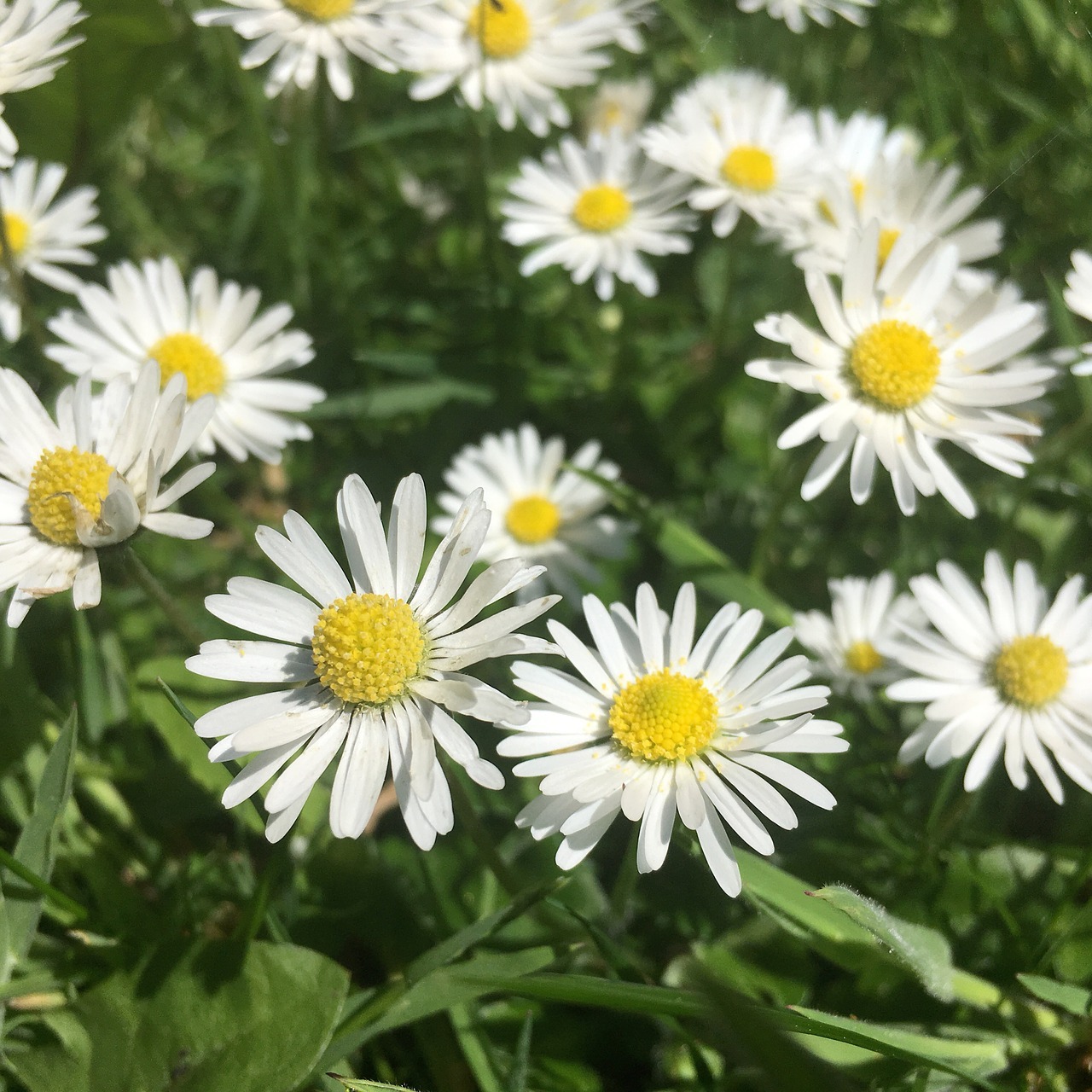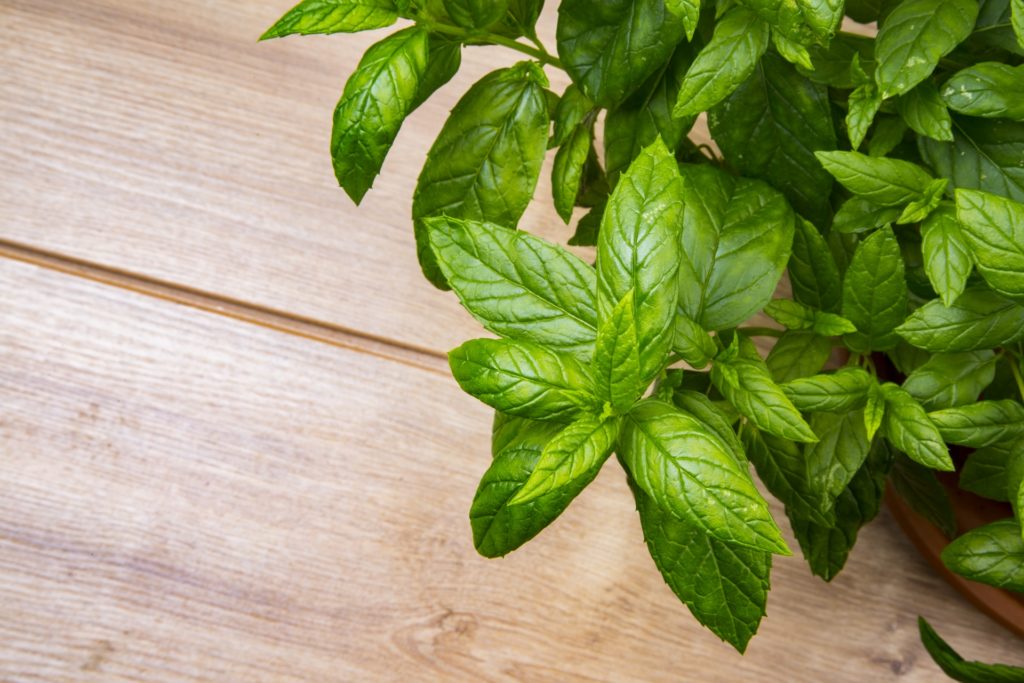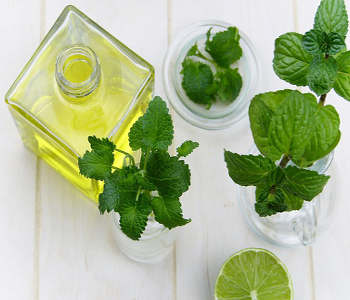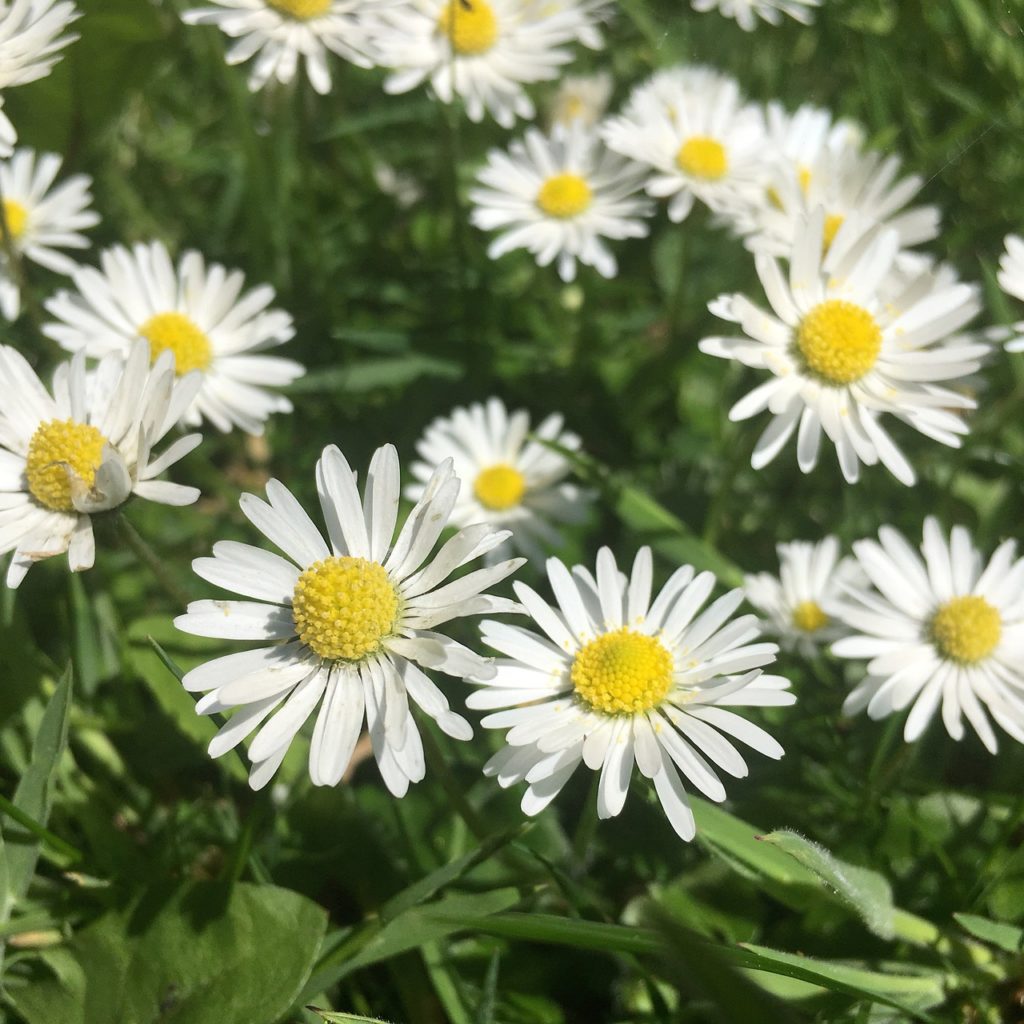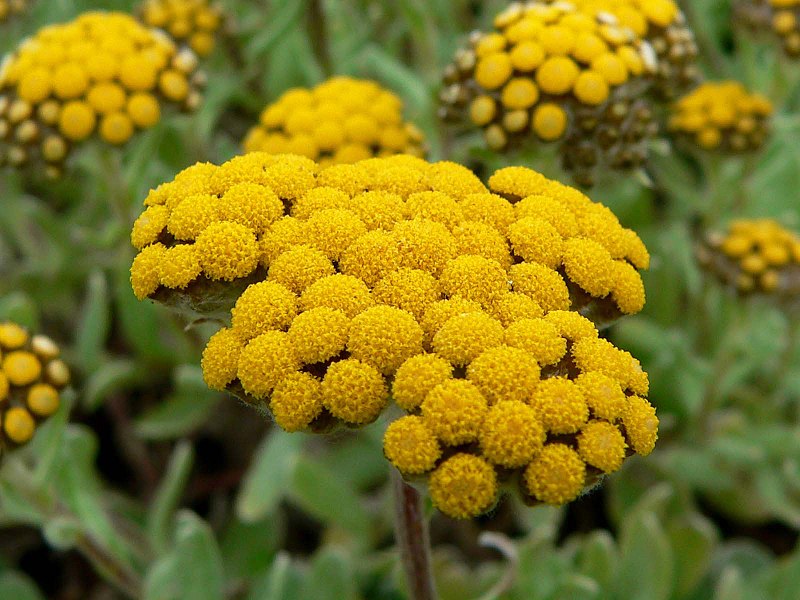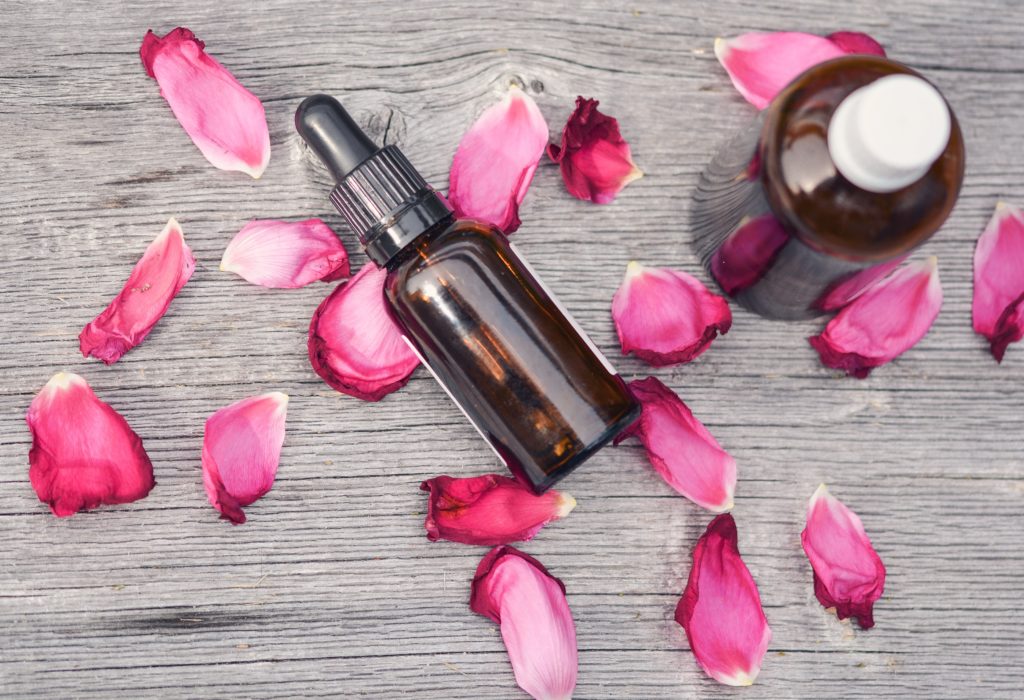Itchy skin is the worst. It’s uncomfortable and distracting, and sometimes unbearable. Sometimes, you feel the itch anywhere, and it becomes embarrassing. And once you scratch, the more you itch again. The common causes of itching include insect bites, allergies, sunburn, eczema, psoriasis and exposure to toxic chemicals. Medical creams for itch can give relief, but once you stop using them, the itchiness comes back. You use the creams again to relieve the itch, but you know it’s a never ending cycle until you become immune to the medication.
The good news is, there’s a totally natural alternative source of relief out there: essential oils. Essential oils are the purest form of plant extracts that is loaded with therapeutic properties. Most can be applied topically to the irritated skin, but it can also be used as an aromatherapy to calm the mind and the body to prevent responses to itch. Some also contain anti-inflammatory, analgesic and antioxidant properties. Here are several essential oils that are relieving and reducing itchy skin:
Peppermint oil
Peppermint is popular for its cooling effect, and it has been in use for thousands of years. Because of this, peppermint oil it can help reduce itching by numbing the affected area, attacking the underlying infection and relieving inflammation. It’s recommended for relieving itches caused by bug bites, hives and poison ivy, and it also calms itching related to diabetes, kidney disease and liver disease. Peppermint essential oil is found to significantly reduce severe itch when applied topically.
Due to its strong concentration, peppermint oil must be used in moderation. You can apply peppermint essential oil topically at the site of the itch after diluting it with carrier oil. You can add it to warm tea for internal cooling effect. Or you can diffuse it throughout the room for an overall cooling and calming effect.
Tea tree oil
Known as one of the best anti-fungal, antibacterial, anti-inflammatory and antiviral compounds in the market, tea tree essential oil is ideal for countering itches caused by infection or bacteria. This is a great essential oil to use if itching was caused by those things, or by a bite, rash or eczema. This is why it’s a popular ingredient in cleansers and shampoos. It helps provide relief from dandruff and itching caused by head lice.
This oil works by numbing the skin while simultaneously relieving itching, pain or discomfort. You can use this oil directly on your skin, but first you need to dilute it in a carrier oil. Once diluted, it’s safe to apply directly on the skin. It can be re-applied 2-3 times a day or until the itching or inflammation dissipates.
Eucalyptus oil
Like peppermint, eucalyptus is known for its cooling effect, since it’s typically added to mouthwashes, itch-relief balms, chewing gums, creams and the like. But eucalyptus also has anti-inflammatory and antiseptic properties that makes it an effective remedy for itching. It can help reduce swelling and inflammation in the body, which can also benefit various organs like the kidney and liver, which can be linked to unexplained itching.
Eucalyptus essential oil must first be diluted in a carrier oil and applied topically to the affected area. You can also breathe it in using a personal aromatherapy diffuser.
Chamomile oil
Perhaps you are familiar with chamomile in tea form, as it’s a great caffeine-free tea option to drink before bed for better quality sleep and relaxation. But chamomile works great for relaxing and soothing skin too, thanks to its anti-inflammatory properties. Chamomile essential oils can reduce itching caused by eczema, diaper rash, hemorrhoids, dandruff or dry skin.
To use chamomile oil for itch relief, dilute it with a carrier oil before applying directly to the skin. You can also diffuse this essential oil to a warm bath before going to bed. If the itching is in your scalp, you can add 5 to 10 drops of the oil directly to your shampoo bottle and mix, then use the shampoo as usual.
Lavender oil
Lavender essential oil is excellent for many things, and its antifungal and anti-inflammatory properties can help soothe itching caused by inflammation, fungus and bacteria. It’s great for relieving stinging itches of bug bites and itch caused by athlete’s foot, ringworm or jock itch. Plus, the soothing scent of lavender makes it a great stress-reliever and agent for dry skin miniaturization. Sometimes, the itch is stemmed from anxiety and lavender oil can help calm and soothe you.
Before using lavender essential oils for itch, combine it with a carrier oil and apply on damp skin directly after bath or shower. You can also add drops on your bath water to soothe your skin and nerves.
Patchouli oil
Patchouli is like tea tree – they are both antibacterial, antiviral and anti-inflammatory, making it a great itch reliever. You can also get a serous immune boost from this oil because of its antioxidant contents. This essential oil works against bacteria and helps revitalize skin. It can also help moisturize and prevent dry skin while fighting infections or conditions that may cause itchy skin diseases like eczema and psoriasis. It’s a total win – you can get the itch relief but none of the drying.
To use patchouli oil, dilute it with jojoba oil or almond oil or coconut oil and apply it topically to the affected area. Rub it gently and warm it until it is fully absorbed by the skin.
Myrrh oil
Myrrh oil works like a shield, as it can moisturize the skin while boosting antioxidant levels and preventing skin infections. It contains anti-inflammatory elements that can provide quick relief for itching. It helps optimize skin health.
To use myrrh oil for itch relief, you can apply it topically, diluted with a carrier oil. You can also diffuse it as an aromatic treatment. You can use it even before skin issues occur, as it acts as a protector and moisturizer for your skin.
Helichrysum oil
Helichrysum essential oil is rarely found in typical essential oil collections, but it’s one of the most powerful essential oils packed with antiviral, anti-inflammatory, anti-allergenic and analgesic elements. This oil can help relieve itching, reduce inflammation caused by insect bites or rashes, speed up regeneration of new skin cells, help skin recover from trauma and promote skin tightening. It offers a powerhouse of skin benefits!
This essential oil is most commonly used in a room diffuser, which can provide a long-term remedy for itching and inflammation. You can also inhale it anywhere using a personal aromatherapy diffuser. You can also mix a few drops of this oil with olive oil for topical application to the affected area. Like myrrh, you can also use helichrysum oil to prevent itch. It fights infections before they invade the skin.
Rose oil
Many people don’t think of stress as the culprit behind itchy skin, but it’s actually a common cause. Stress agitates everything, including the skin, making it irritable. When under stress, the body tends to sweat more, and you tend to fuss and scratch more. Rose oil can help calm the nerves and soothe the muscles, which will prevent the urge to scratch and calm the skin. It is also known for its anti-inflammatory qualities, making it an excellent weapon against itching and rashes.
For this particular essential oil, you just need to inhale its aroma. You can diffuse 3-4 drops of this oil throughout the room for all-day relaxation.
Bergamot oil
Bergamot oil is an extremely powerful oil known as a general anti-inflammatory tonic. It’s effective for relieving itch caused by stress, inflammation and environmental irritants. It can counter the urges with a mild anesthetic effect, plus it nourishes the skin and reduces stress and anxiety.
To use bergamot essential oil, diffuse it throughout the room for itch relief. You can also breathe it in using a personal aromatherapy diffuser.
Words of warning before using essential oils to relieve itch
Itching may seem like a harmless thing, but there are health concerns you must be aware of before you decide to use essential oils to relieve itchy and drying skin.
First of all, make sure you purchase a high-quality organic essential oil. It must be pure, dense and has a distinct scent. Buying cheaper and adulterated oils may cause adverse reactions, since these are probably mixed with unknown ingredients or chemicals. Opt for essential oils from trusted brands – they can be pricey, but at least you can trust on the brand to make quality, pure essential oils. If the price is too good to be true, be wary because it may not be made of pure plant oils.
Topical application of essential oils may cause adverse reactions and can worsen skin irritation and rash for people with sensitive skin. It is important to consider any potential allergies before using it to treat itching and inflammation. Do a patch test first before using it on a large area of skin, then wait for a few hours to see if any negative reactions appear. If itching worsens or if a rash develops, wash off the oil, do not use it again on your skin and call your doctor.
Never put pure essential oil directly on the skin without diluting it first with a carrier oil. Essential oils are very potent and highly condensed, and when you use it at full strength, it can be harsh and may cause skin irritations. Typically, a few drops – sometimes just 1-2 drops – of essential oil are enough. Make it a standard to create a solution with around 5% essential oil in strength.
Always consult your doctor before using any essential oil, especially if you are suffering from a medical condition that is causing the itch. This is to avoid any complications. Also, if you are pregnant, take caution. Ask your doctor if it’s okay for you to use essential oils.
Mind the age of the user. You should not use essential oils on a baby or a child without doctor’s approval. Elderly people may also have a higher chance of negative response. Do not put peppermint oil on a child’s chest or face because the menthol vapors may cause serious side effects if inhaled, like headaches or trouble breathing.
Also, do not overuse them. Essential oils are packed in small bottles because a few drops can already go a long way. Use them only according to their appropriate methods of use.

